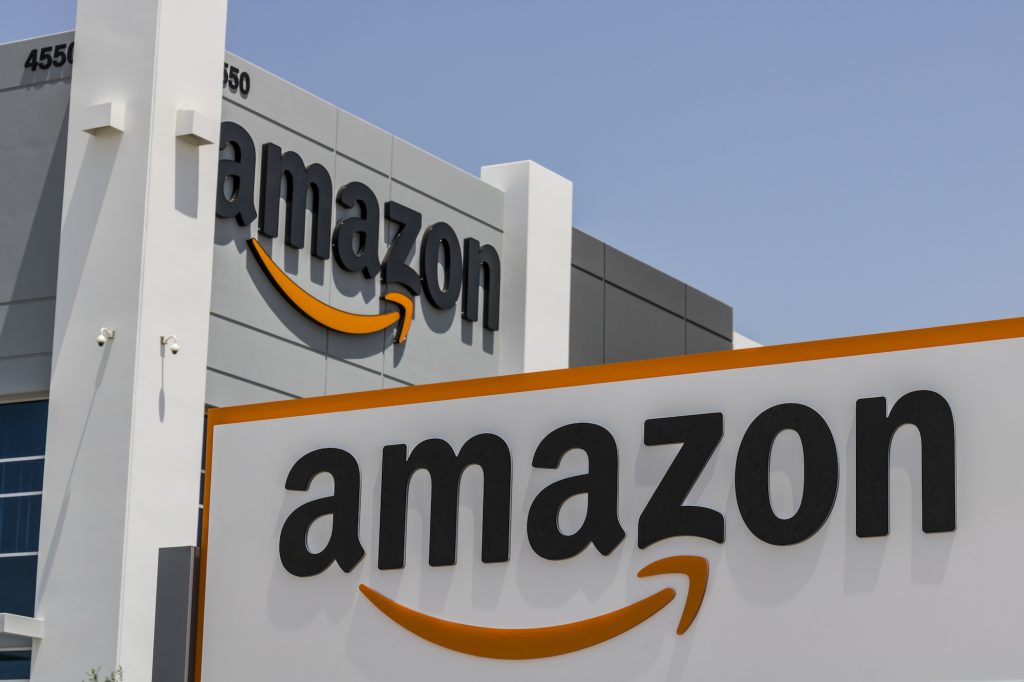
Amazon may swallow the world in the end. But it won’t get Long Island City.
That was the big news out of the Big Apple, as the world’s largest, nastiest and, by several lightyears, most arrogant corporation abruptly dropped its plans to colonize a big chunk of the borough of Queens. Thereby, casually destroying a struggling but still viable middle-class neighborhood by bringing to New York the big tech blight that has rendered Silicon Valley and much of San Francisco uninhabitable except by the super-rich and the minions who digitize the world for them.
Walk this back a little. When Amazon, having swallowed Seattle, announced that it would build a second headquarters on the other side of the Mississippi, it invited bids for its favors by cities large and small. As with other megacorporations bestowing the blessings of their presence on communities desperate for investment, it demanded, in a manner analogous to the medieval droit du seigneur — the medieval custom allowing lords to be with a bride on her wedding night — privileges, exemptions, concessions and above all vast tax breaks for the promise of new jobs and, eventually, enough economic activity and revenue to make up for emptying their treasuries.
If you look it up in the textbooks, capitalism is a system by which privately owned wealth — capital — is invested in creating markets for goods and services in return for profit. In the alternative economic system, misnomered socialism, the state monopolizes capital and decides how and where to use it, also to create markets. But there’s a third system, the one you actually see with Amazon and its fellow behemoths. It hasn’t got a name yet, but it combines the worst features of both the recognized systems. In it, private corporations commandeer public resources to profit themselves, thereby eliminating the prime justification for private profit, the assumption of risk.
You can only create such a system by having achieved a monopolistic economy dominated by corporate giants and a public sector so starved for money that it cannot fulfill its essential functions of education, environmental protection, safety and policing, infrastructure maintenance and, yes, the guarantee of health care. Unregulated capitalism tends to grow rapidly in this direction; regulated capitalism a bit more slowly.
With Amazon, which now controls half of American retailing and an increasing share of its production, we have arrived at the endpoint. For the past several years, cities and states have fallen over themselves, begging for the opportunity to enrich Amazon further in the hopes of a pittance for themselves. The risk, needless to say — the upfront outlay — is theirs.
New York Governor Andrew Cuomo and New York City Mayor Bill de Blasio, who see eye-to-eye on little else, were beside themselves at the chance to win at least some of Amazon’s promised largesse for a mere investment of $3 billion in taxpayer money, plus the sacrifice of one of the city’s older neighborhoods. For what would have happened to Long Island City is what has happened so often elsewhere. New “development” comes in, and with it the promise of new, well-paying jobs — in this case, a suppositional 25,000 of them, at an average salary of $150,000. The skilled new workforce, however, comes from outside; the local residents are driven out by rising costs and rents. Where they go and what becomes of them is their problem. It’s an old story called gentrification. When it comes courtesy of an entity like Amazon, it’s at warp speed.
For the governor and the mayor, the math was simple: for all the lives wrecked, the bottom line for the state and city treasuries would someday, maybe, indirectly, be bigger. It’s called seeing the big picture, rather than the little guy. That’s the bold vision we pay public officials for, and what big business buys them for.
So, how did this story turn out differently, at least for now? A coalition of community activists, union leaders (who noted that Amazon’s new jobs, like all its old ones, would be nonunion) and a few politicos trying to catch the wave that swept in a new cohort of progressives in the 2018 midterm elections, raised enough of a fuss for Amazon’s tetchy honcho, Jeff Bezos, to walk away. After all, dozens of other cities were still slavering for the opportunity to empty their purses and sell their souls. And if you’re the world’s richest man, as Jeff is, you don’t tolerate peasant rebellions — or politicians who can’t deliver.
Is Long Island City’s story a blip on the screen, or the start of something big? Progressivism has had too many false starts for any premature cheering; remember Bernie Sanders, Occupy or Barack Obama’s “Change we can believe in”? But you take good news where you can get it. In the age of Donald Trump — a phrase I keep promising myself not to use — even keeping the IRS open can seem like a victory.
And oh, by the way, for all those governors and mayors waiting for Amazon’s riches to pour in? The amount of taxes paid last year by Amazon to the federal government for all those roads it delivers your purchases on was $0.00.
And the year before that? $0.00.
And what it will be this year? Well, if your guess is as good as mine: $0.00.
